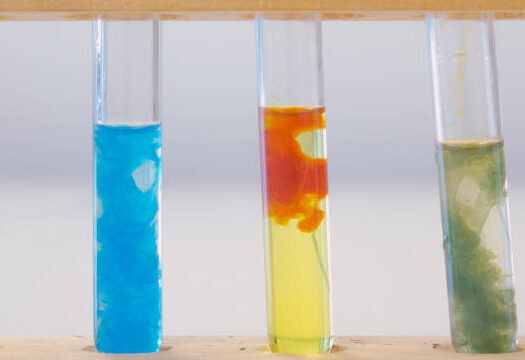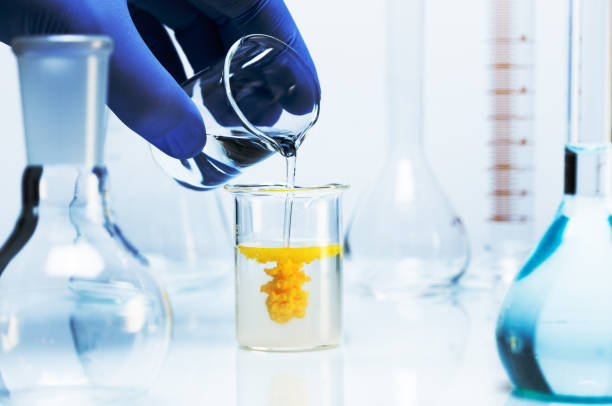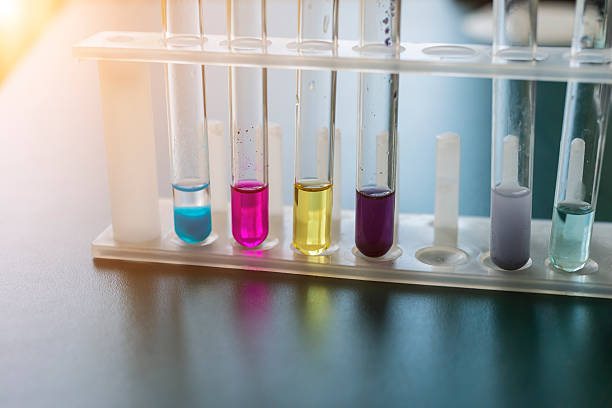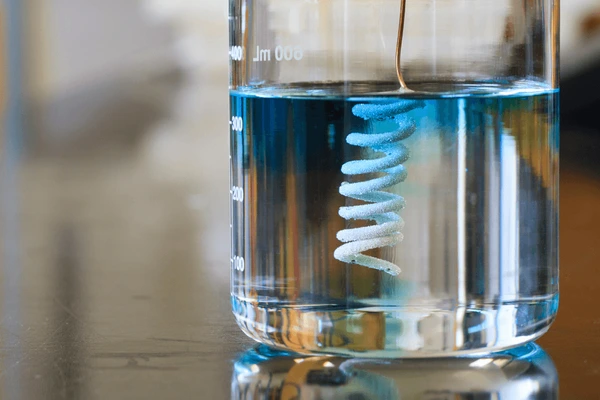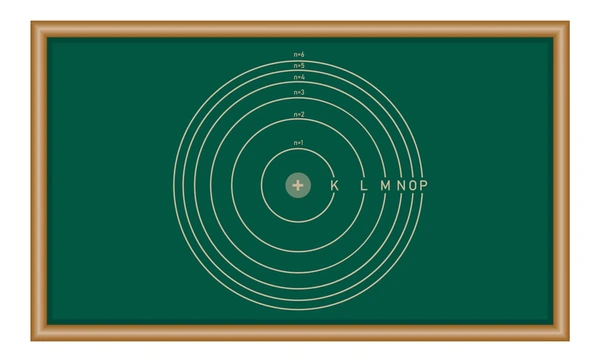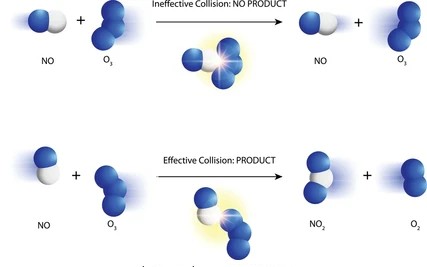Types of Material Properties
Comprehending the different types of material properties in chemistry is essential for numerous scientific and industrial applications. These properties determine how substances interact with their surroundings, react with other materials, and behave under particular conditions. In this guide, we will examine the basic categories of material properties and their importance in the field of chemistry. … Read more

